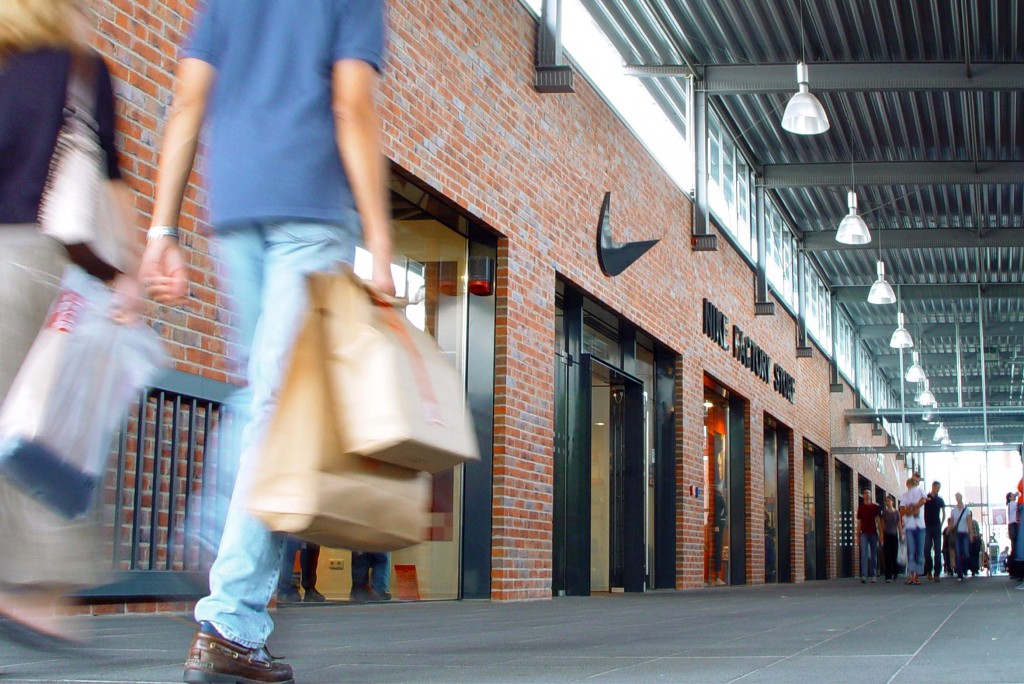Arcadia, which owns various popular retailers: Dorothy Perkins, Miss Selfridge and Top Shop has announced that it plans to close approximately 260 of its commercial properties within the next three years.

The group made a £133 million profit from January to August of this year, which equates to a fall in full year profits of 38 per cent. They also reported that worldwide sales were down by 3.4 per cent it is 3100 commercial properties when compared to the same time last year.
Sir Philip Green, the owner of Arcadia, stated: “Trading conditions remain extremely challenging, with style, quality and value at the top of our agenda and more important than ever. Additionally, the warmest October and November on record have made autumn trading much tougher.”
The company plans to close the 260 commercial properties as and when their leases expire, as Sir Green explained: “We have got – from my memory – 450 or 460 stores where leases expire in the next three years. And I think on our latest summary we will close more than half of those on lease expiry. So I would say, I would expect us to close 250, 260.”
“Now, there may be other opportunities that turn up that we might want to open. But certainly, in terms of our existing portfolio, currently that’s our thinking,” Sir Green added.
Arcadia currently owns 2507 stores and franchises around 600 outlets. The group employs approximately 44,000 people and operates in 36 countries worldwide. They have recently expanded the brand to America and are planning to open a new commercial property in Las Vegas, which is due to open in March next year.
So what will happen to the shops that Arcadia plans to close? Will they just add to the ever growing list of unoccupied commercial properties, littering our high street?
In June of this year, it was reported that there were 28,891 empty commercial retail properties in England, Scotland and Wales. But with all the announcements of companies struggling today, such as Comet and Mothercare, that figure is now showing that one in ten properties are empty.
So what could be the solution to reducing the amount of empty commercial properties across the UK? The Local Data Company believe that the leisure sector will take over the high street, as Matthew Hopkinson, Business Development Director put across: “[The high street is] going to be full of services, and social aspects. It’ll be full of hairdressers, tanning salons, cafes and restaurants. There might be doctors and dentists there. And it’ll become very leisure-focused.”
Would you want Mr Hopkinson’s predication to come true? Is it too late to change the fate of the high street? Like us, you will have to wait and see.